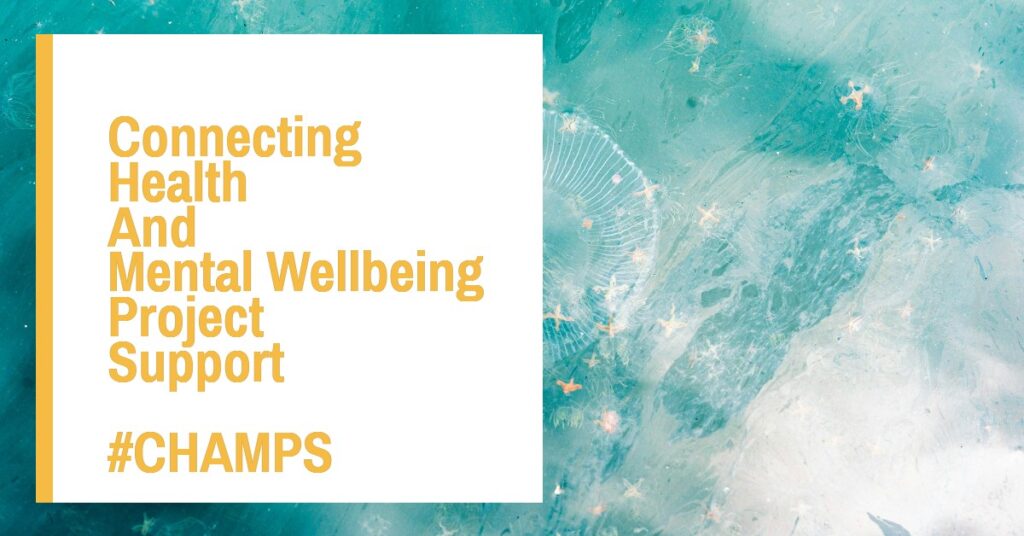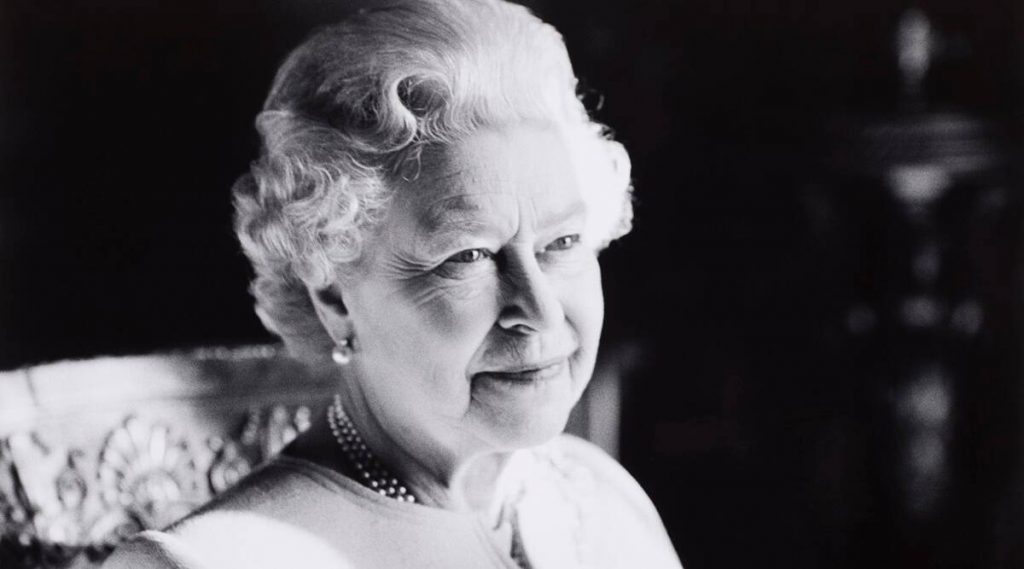Riddles

Albert Einstein’s said; “The more I learn, the more I realise how much I don’t know.” After CogX Festival in LA, the Sync Summit in Ithra, and London Tech Week, I know what he meant.
I’m a fan of admitting to not knowing things, and of having mixed feelings. On good days, that feels nuanced and exciting. It can also feel confusing and overwhelming. On those days, I am comforted by the idea that we live in complex times, and that perhaps you are facing similar conundrums too.
So here are some riddles I’ve been pondering. Few are “either/or questions”, and most do not have “right”, if any, answers.
1) VISIBILITY; We’re told that Artificial Intelligence is, and will become, invisible. The hidden ingredient, powering the way. Under the surface, behind the scenes. On the other hand, in consumer tools we’re saying that it must be seen and summoned – knowingly “activated”. In customer service, we demand that robots must not pose as humans. In media, that so-called deepfakes must be watermarked. So much for “invisibility”.
2) IDENTITY; We despair of the toxic waste spewed by incognito trolls, yet we know that without the cloak of anonymity, millions would be unable to speak up. We demand authenticity whilst remembering Oscar Wilde’s words that “man is least himself when he talks in his own person. Give him a mask, and he will tell you the truth”. We fear masks, yet know that they unleash our wildest creativity.
3) YOUNG PEOPLE AND TECHNOLOGY; We want to keep children away from technology for their own mental wellbeing, yet we know that to thrive in the new world of work, they must embrace it. We cheer when phone screens are banned from class, but welcome the computer screen. Even though, as adults, we use the two interchangeably.
4) PROXIMITY TO THE BASICS; We’re told that whatever can be automated, will be. But we remember, through our own work experiences, that it was through the most mundane of tasks that we first sniffed the basic ingredients of our trades. In the soil and dirt of a profession, our senses were honed, yet we’re lured towards a hermetically sealed control room.
5) CREATIVITY; We’re comforted by the idea that, in a world of AI, humans alone can be creative. But remembering Steve Jobs reflection that, “creativity is just connecting things”, our hunch tells us that it exactly in the nature of AI, and indeed the Web, to connect things and be creative. It’s in their bones, just as it is in ours.
6) KNOWLEDGE; In a world where we can “Google” anything, knowing certain facts seems pointless. Until we remember that knowledge fuels conversation – that our mental cupboard of facts contains the ingredients for our most creative breakthroughs.
In the wake of several world-class events, I emerge with more questions than answers, more curious than ever and (with my formal education several decades behind me), a growing hunger to go back to school.
*****



